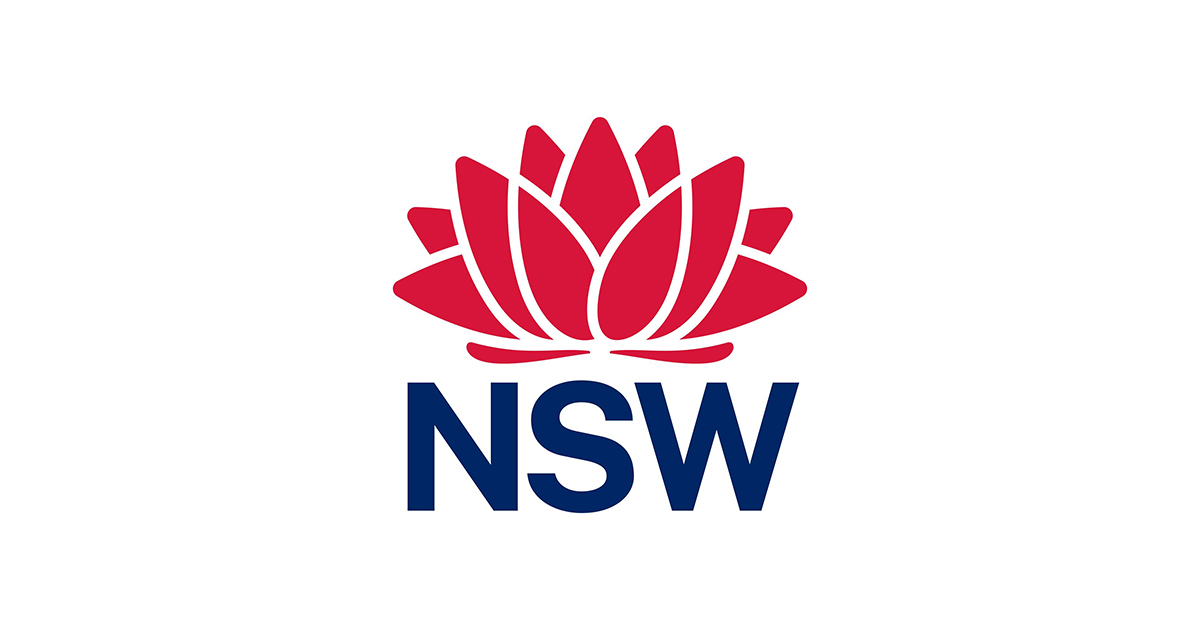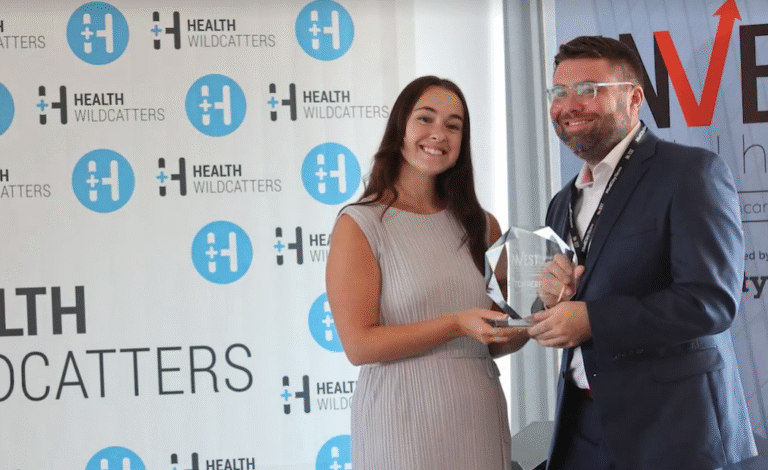
NSW Health is advising people who have been in the Sydney CBD area in the past 10 days to be on alert for symptoms of Legionnaires’ disease after seven people who have developed the disease spent time in the area in the last three weeks.
The three women and four men, ranging in age from their 20s to 70s, independently visited locations in the CBD between Bathurst Street, Sussex Street, Elizabeth Street and Circular Quay in the 10 days prior to their symptoms. All have been admitted to hospital for treatment of pneumonia.
All seven people have been identified with the Legionella bacteria that causes Legionnaire’s disease, which is often associated with contaminated cooling towers of large buildings.
People can be exposed to the bacteria if contaminated water particles from a cooling system are emitted into the air and breathed in. Legionnaires’ disease cannot be spread from person to person.
Symptoms of Legionnaires’ disease can develop up to 10 days from the time of exposure to contaminated water particles in the air and include fever, chills, a cough and shortness of breath and may lead to severe chest infections such as pneumonia.
People who develop this disease are diagnosed by a urine or sputum test and chest X-ray and usually require antibiotic treatment in hospital. Those most at risk are people with underlying lung or other serious health conditions and people who smoke.
NSW Health environmental health officers are working closely with the City of Sydney Council to inspect cooling towers. Review of maintenance records of cooling towers in the CBD area will also help determine further towers to be inspected and sampled.
Managers of buildings with cooling towers are being contacted and informed of the cluster. Building owners should ensure that their cooling towers are operated and maintained in compliance with the NSW Public Health Regulation 2022.
Public health units in local health districts across NSW follow up cases of Legionnaires’ disease and work closely with local councils in the management of cooling towers.
Routine monthly testing of cooling towers allows the early identification of contaminated towers and allows for prompt additional cleaning and corrective actions.
For more information about water cooling systems management contact your local public health unit on 1300 066 055 or visit Legionella control.
For more information on Legionnaires’ disease read the Legionnaires’ disease fact sheet.






